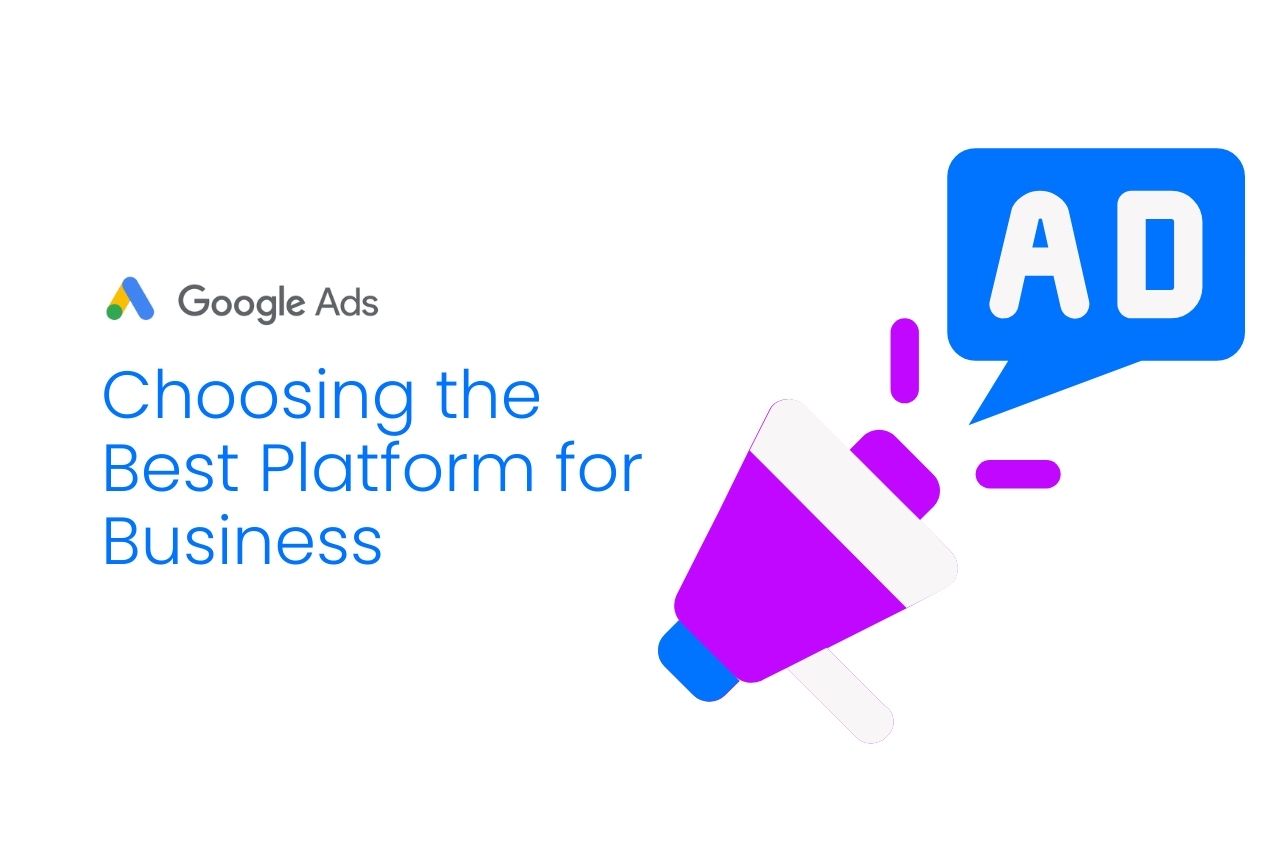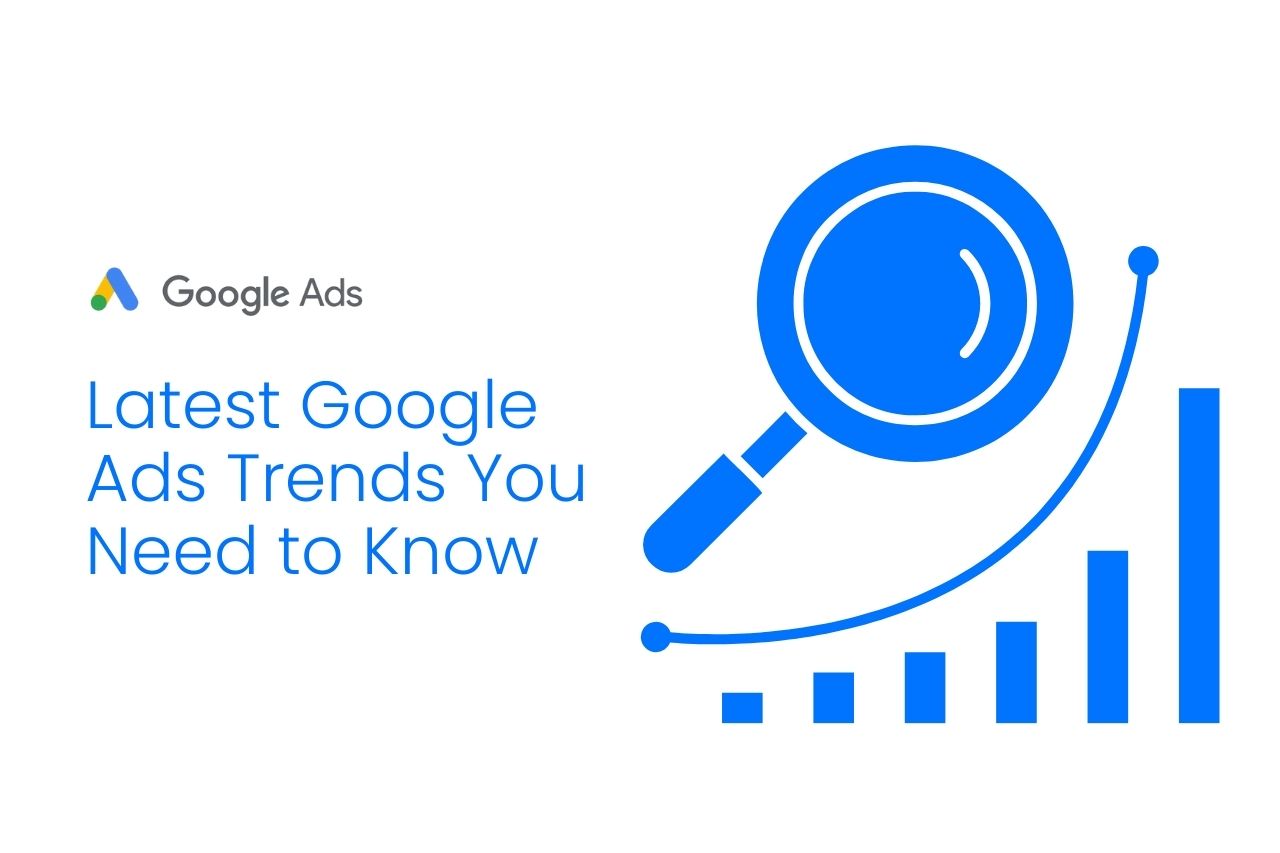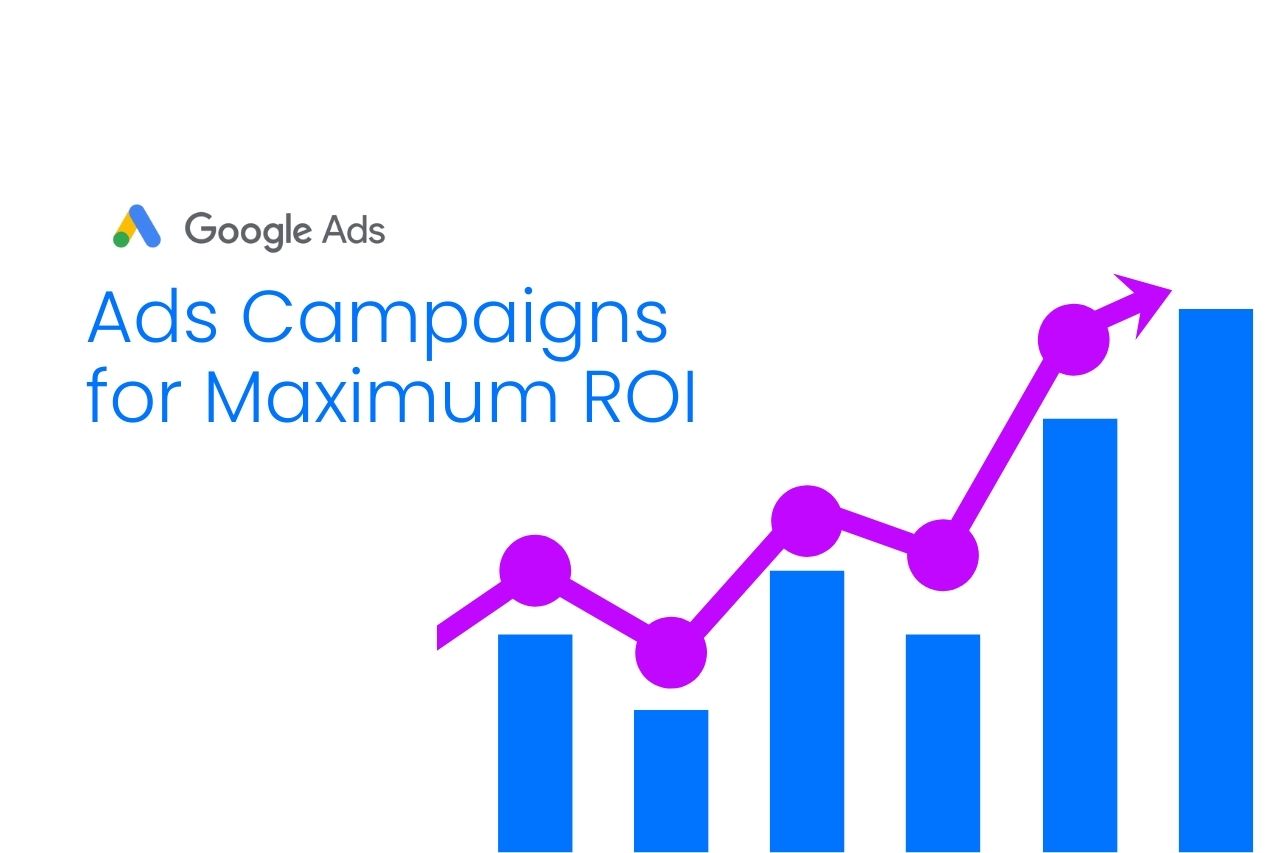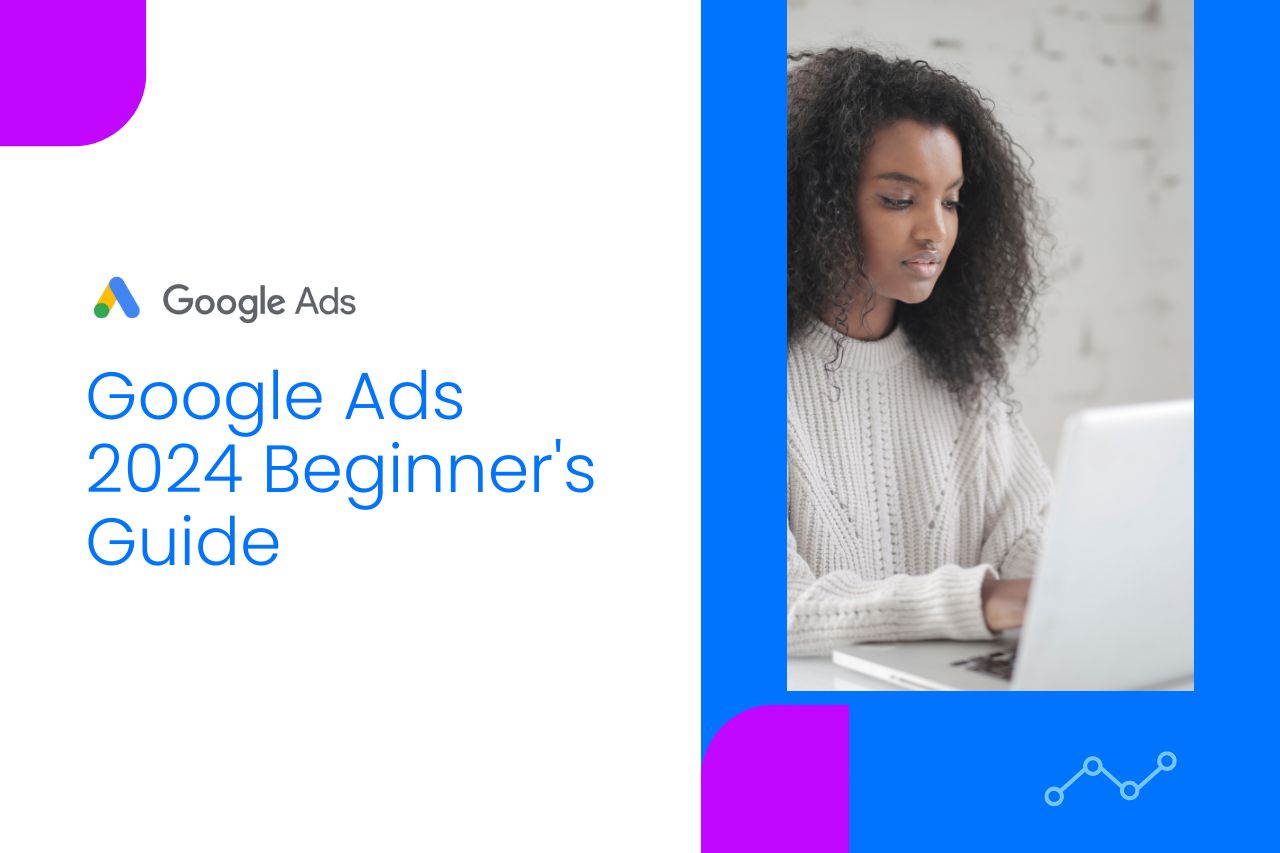Each platform offers unique advantages and caters to different business needs. Choosing between Google Ads and Facebook Ads can be challenging, especially when trying to align advertising strategies with business goals. In this article, we’ll delve into the strengths of each platform, helping you make an informed decision on which is best suited for your business.
Understanding Google Ads
1. Search Intent and Immediate Needs
Google Ads, formerly known as Google AdWords, operates primarily through a pay-per-click (PPC) model. Ads appear on Google’s search results pages when users enter specific keywords. This platform is highly effective for capturing users who are actively searching for products or services. If your business aims to target customers with immediate needs or high purchase intent, Google Ads is a powerful choice.
2. Keyword Targeting and Search Volume
One of Google Ads’ biggest strengths lies in its keyword targeting capabilities. Businesses can bid on keywords relevant to their products or services, ensuring their ads appear when users search for those terms. This targeting is based on the user’s search intent, making it an excellent tool for driving traffic and conversions.
3. Performance Tracking and Analytics
Google Ads provides robust performance tracking and analytics tools. Advertisers can measure metrics such as click-through rates (CTR), conversion rates, and return on ad spend (ROAS). These insights help businesses refine their strategies and optimize campaigns for better results.
4. Geographic and Demographic Targeting
Google Ads allows for precise geographic and demographic targeting. This feature ensures that ads reach the intended audience based on their location, age, gender, and other demographic factors. For businesses with specific regional or demographic targets, this level of control can be advantageous.
Exploring Facebook Ads
1. Social Engagement and Brand Awareness
Facebook Ads excels in creating brand awareness and fostering social engagement. Ads appear on Facebook’s platform and its associated networks, including Instagram and Messenger. This platform is ideal for businesses aiming to build brand recognition, engage with audiences, and drive social interactions.
2. Advanced Audience Targeting
Facebook Ads offers advanced audience targeting options through its detailed user data. Advertisers can target audiences based on interests, behaviors, and life events. This level of granularity allows businesses to reach potential customers who may not be actively searching for their products but are likely to be interested based on their online behavior.
3. Visual Appeal and Ad Formats
Facebook Ads supports a wide range of ad formats, including image ads, video ads, carousel ads, and story ads. The visual nature of these ads makes them effective for showcasing products and creating engaging content. Businesses looking to leverage rich media and visually appealing ads will find Facebook Ads advantageous.
4. Cost-Effective Advertising
Facebook Ads often provide a lower cost per impression or click compared to Google Ads. This cost-effectiveness, combined with advanced targeting options, can lead to a high return on investment (ROI) for businesses focusing on brand building and audience engagement.
Comparing the Two Platforms
1. Objective Alignment
The choice between Google Ads and Facebook Ads should align with your business objectives. If your goal is to capture immediate demand and drive high-intent traffic, Google Ads is likely the better choice. Conversely, if you aim to build brand awareness, engage with a broader audience, and leverage visual content, Facebook Ads may be more suitable.
2. Budget and Cost Considerations
Consider your advertising budget when choosing between the platforms. Google Ads often involves higher costs per click, especially for competitive keywords. Facebook Ads can offer a more cost-effective solution for reaching large audiences and generating brand awareness.
3. Industry and Target Audience
The nature of your industry and target audience plays a significant role in platform selection. B2B businesses, for example, may find Google Ads more effective for targeting high-intent search queries, while B2C businesses may benefit from Facebook Ads’ social engagement and advanced targeting options.
4. Integration and Strategy
Many businesses find success by integrating both platforms into their marketing strategies. Using Google Ads for capturing demand and Facebook Ads for brand building and audience engagement can create a comprehensive approach to digital marketing.
Conclusion
Both Google Ads and Facebook Ads offer valuable opportunities for businesses to reach their target audiences and achieve their marketing goals. By understanding the strengths and nuances of each platform, you can select the one that best aligns with your business objectives and advertising strategy. Whether you choose Google Ads for its search intent targeting or Facebook Ads for its social engagement and visual appeal, leveraging the right platform can drive significant results for your business.






